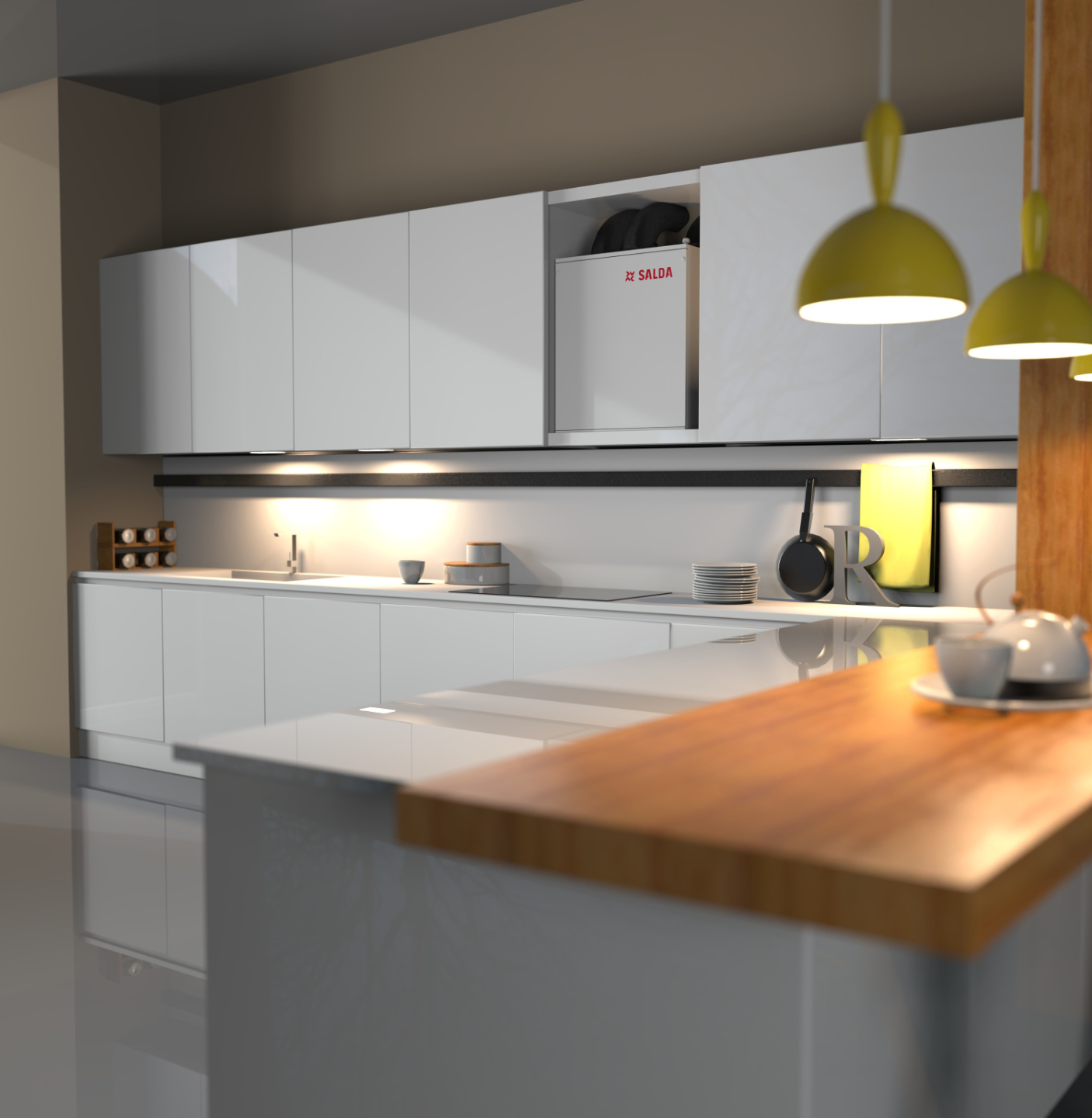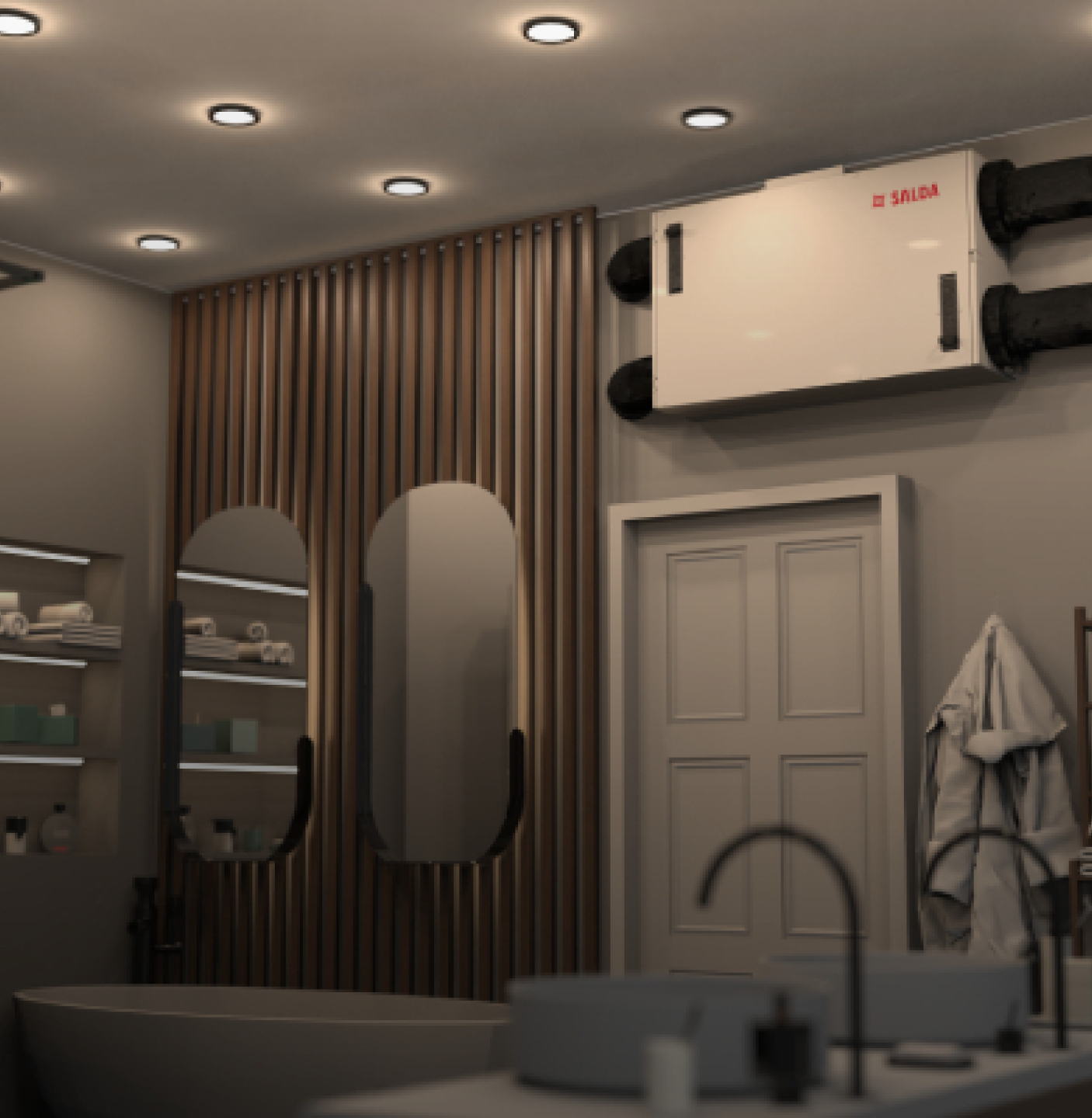Residential Buildings
- Home
- Residential Buildings
Indoor air quality depends on
Indoor air quality is a crucial factor that affects the comfort, health, and well-being of those who live and work in a space. There are several factors that can impact indoor air quality, including:
- Temperature
- Humidity
- CO2 levels
- Volatile organic compounds (VOCs)
- Air pollution

Control of Indoor Air Quality
To ensure that indoor air quality stays within safe limits, it is important to properly control temperature and ventilation.
One way to regulate temperature is by using heating and air conditioning systems. These systems can help maintain a comfortable temperature inside a building, no matter what the weather is like outside. In addition to temperature control, it is also important to manage the moisture content of indoor air. Humidifiers and dehumidifiers can be used to add or reduce moisture in the air, depending on the humidity level in the space.
Another important aspect of indoor air quality is ventilation. Proper ventilation helps to remove pollutants and contaminants from the air and can be achieved through natural methods such as open windows or air vents, or through mechanical ventilation systems. By ensuring sufficient ventilation, you can help keep indoor air quality within safe limits.

Heat recovery ventilation
While natural ventilation can be an effective way to improve indoor air quality, it has some drawbacks. Natural ventilation can lack control, leading to fluctuations in temperature and humidity. It can also result in energy loss and the lack of filtration of the incoming air. Additionally, natural ventilation can sometimes lead to thermal discomfort due to temperature variations.
To overcome these challenges, heat recovery ventilation units can be used. These units allow for the replacement of indoor air while recovering most of the thermal energy. Enthalpy heat exchangers can also be used to recover humidity. The replaced air is typically filtered to reduce air pollution. Additional accessories can be used to control temperature and humidity.
Residential heat recovery ventilation units offer a comprehensive solution for controlling all aspects of indoor air quality without major energy losses or discomfort. To learn more about our residential ventilation solutions, click here.
